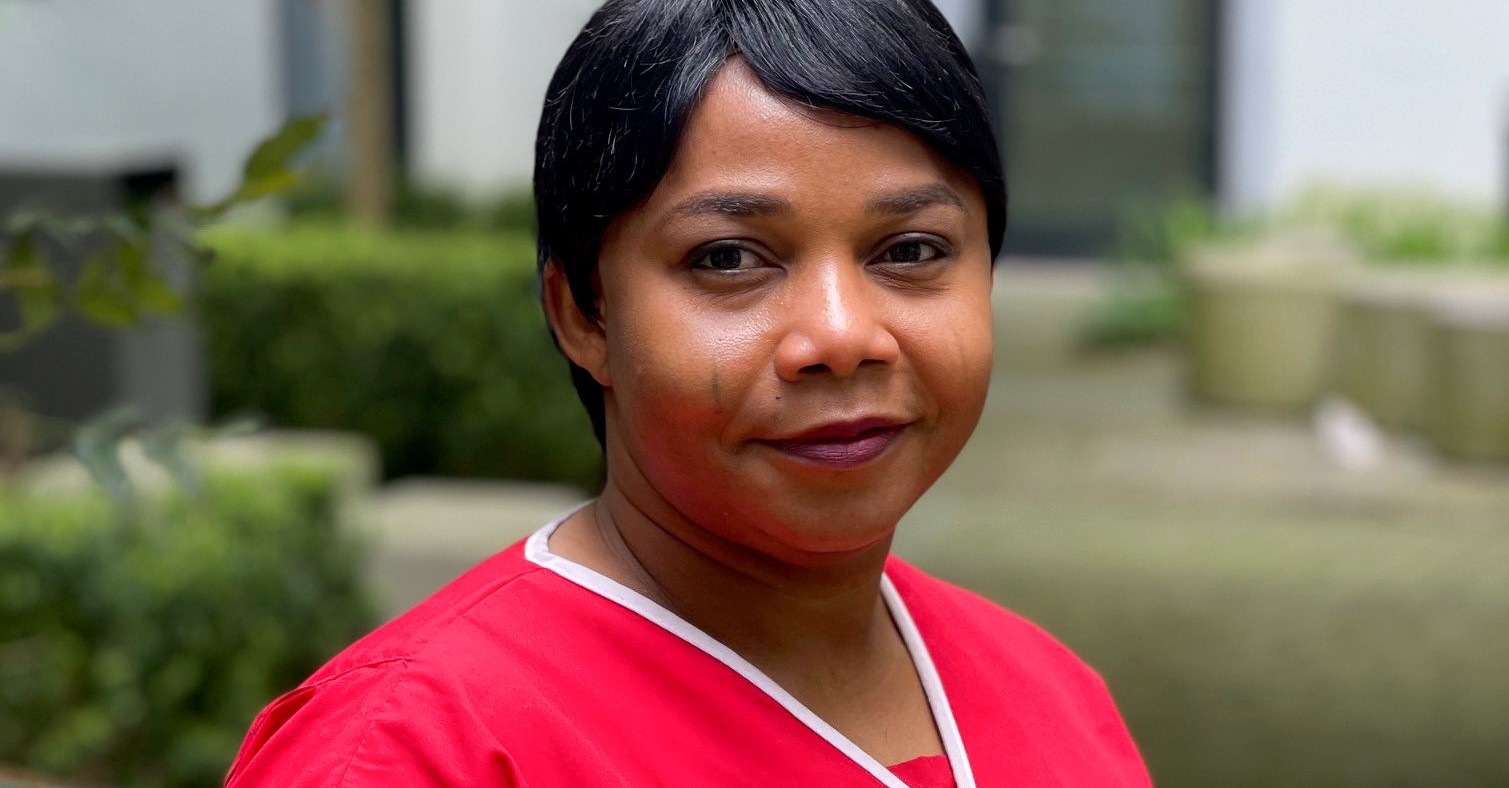There is currently a large portfolio of research studies running across orthopaedic and trauma services in Liverpool University Hospitals NHS Foundation Trust. We have both NIHR and commercial studies. Most studies are surgical randomised control trials where patients are randomly assigned to one of two groups, to test if one intervention is better than another.
Current research:
In shoulder replacement surgery, doctors remove the damaged parts of the shoulder and replace them with plastic or metal parts.
The RAPSODI-UK study compares two types of shoulder replacement: the Total Shoulder (Anatomic) replacement and the Reverse Shoulder replacement. These are the two types of shoulder replacement that NHS doctors use most often for patients with arthritis who need a shoulder replacement. They both help to reduce pain and maintain or improve movement. However, doctors genuinely don’t know yet which one works best. The aim of the study is to find this out.
Patients will be randomly assigned into two groups to receive either an anatomic or a reverse total shoulder replacement.
This study compares three treatments for a broken collarbone: wearing a sling, having surgery right away, or waiting to see if surgery is needed after three months.
This study is tracking how well a synthetic bone graft material called b.Bone works in real-world surgeries to help heal bone injuries in the pelvis and limbs.
This study compares three treatments for thumb arthritis: hand therapy, bone removal surgery and joint replacement, to find out which works best.
This study is testing two surgical treatments for a specific type of hip fracture.
The FOREST trial is comparing two common surgeries for serious elbow fractures in older adults.
This study is comparing two ways of treating the kneecap during total knee replacement surgery.
This study is testing whether continuing or stopping biologic medicines before orthopaedic surgery leads to better outcomes for people with inflammatory arthritis.
This study is comparing two ways to treat wrist fractures that stay in place: a traditional cast or a removable splint.
Contact us
Email: Amanda.
Email: orthoresearch
Tel: 0151 282 6481

